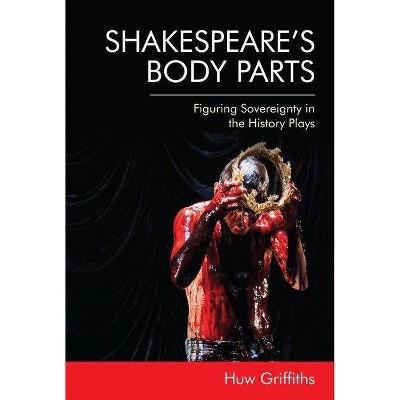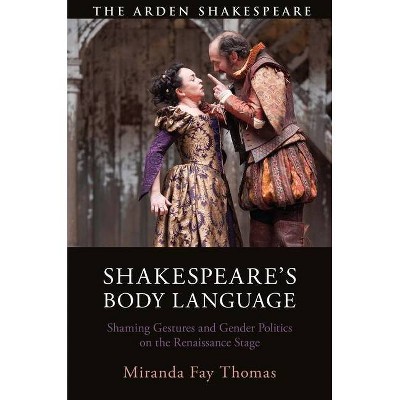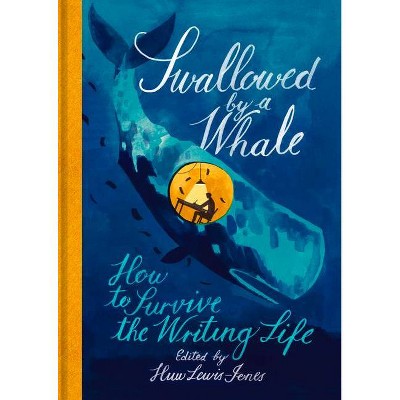Shakespeare's Body Parts - by Huw Griffiths (Hardcover)

Similar Products
Products of same category from the store
AllProduct info
<p/><br></br><p><b> About the Book </b></p></br></br><p>This book provides a sustained, formalist reading of the multiple body parts that litter the dialogue and action of Shakespeare's history plays.</p><p/><br></br><p><b> Book Synopsis </b></p></br></br><p>Uncovers the workings of sovereign power in Shakespeare's history plays </p> <ul> <li>Presents a sustained, formalist reading of Shakespeare's history plays</li> <li>Reads Shakespeare's history plays for their contribution to political thought, and to theories of sovereignty</li> <li>Delivers a thorough and wide-ranging formal analysis of Shakespearean body parts, both literal and figurative</li> <li>Presents a particular view of Shakespeare's language-use as baroque, its convolutions contributing to complex articulations of sovereign will</li> <li>Capitalises on current theories of authorship in relation to the history plays in order to assess Shakespeare's particular contribution to how sovereignty is imagined in the late sixteenth century</li> <p></p></ul> <p>This book provides a sustained, formalist reading of the multiple body parts that litter the dialogue and action of Shakespeare's history plays, including <i>Henry V, Richard III, Richard II, King John</i> and <i>Henry IV</i>. With a starting point in literary critical analyses of these dislocated bodies, the book tracks Shakespeare's relentless pursuit of a specific political question: how does human flesh, blood and bone relate to sovereignty? Griffiths advances our understanding of how human bodies are captured by -- and escape -- the grip of political systems.</p><p/><br></br><p><b> From the Back Cover </b></p></br></br>Uncovers the workings of sovereign power in Shakespeare's history plays This book provides a sustained, formalist reading of the multiple body parts that litter the dialogue and action of Shakespeare's history plays, including Henry V, Richard III, Richard II, King John and the Henry IV plays. With a starting point in literary critical analyses of these dislocated bodies, the book tracks Shakespeare's relentless pursuit of a specific political question: how does human flesh, blood and bone relate to sovereignty? Griffiths advances our understanding of how human bodies are captured by -- and escape -- the grip of political systems. Huw Griffiths is Senior Lecturer in Early Modern English Literature at The University of Sydney.<p/><br></br><p><b> About the Author </b></p></br></br><p>Huw Griffiths is Senior Lecturer in Early Modern English Literature, University of Sydney, Australia. He is the author of Hamlet: A Reader's Guide to Essential Criticism (London: Palgrave, 2005) and "Solitude Interrupted: John Ford's Soliloquies" Shakespeare and the Soliloquy, Eds. Daniel Derrin and Anthony Cousins (Cambridge: Cambridge UP, in press), in addition to many journal and book articles.<p>
Price History
Price Archive shows prices from various stores, lets you see history and find the cheapest. There is no actual sale on the website. For all support, inquiry and suggestion messages communication@pricearchive.us




















